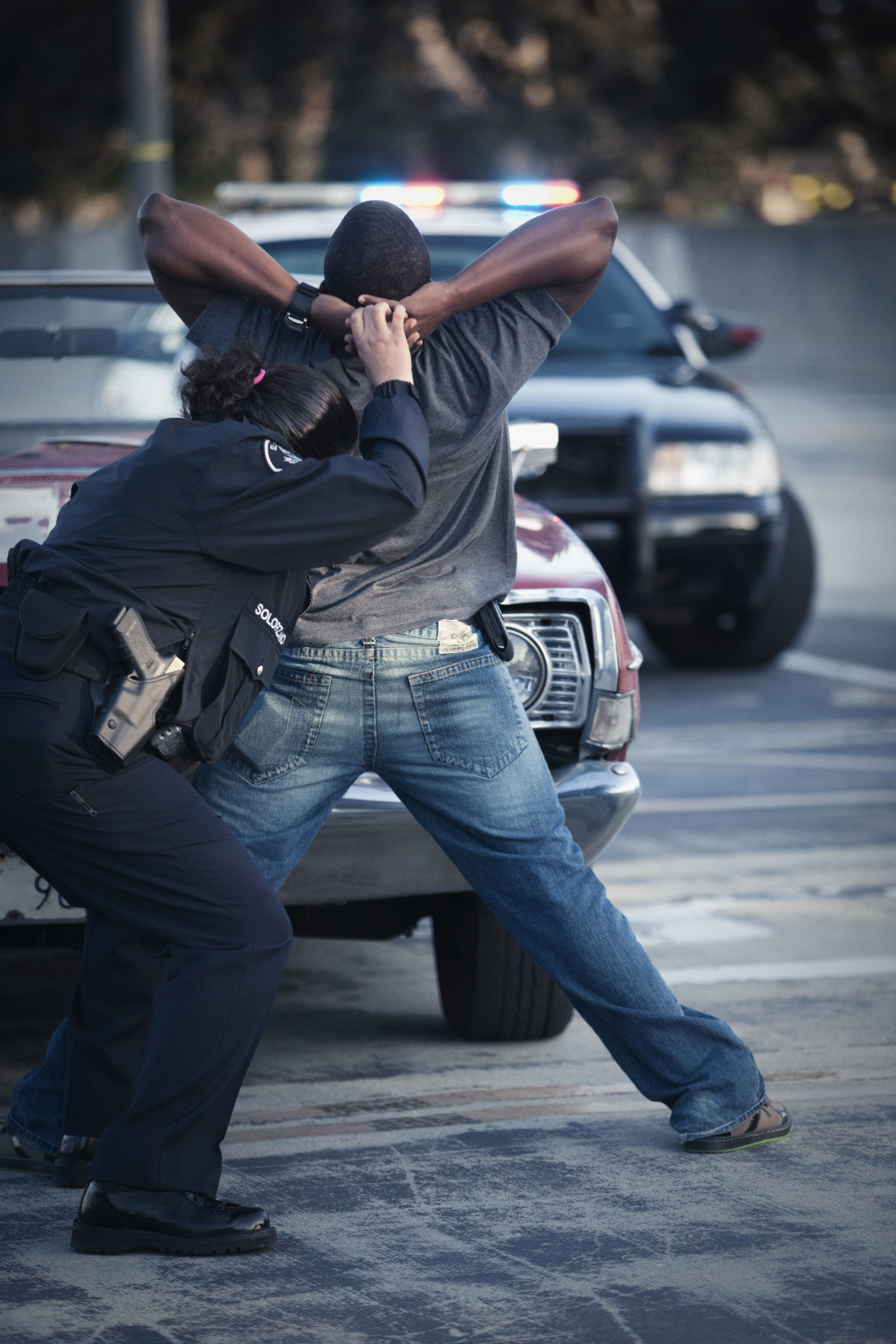The Supreme Court on Monday allowed the use of evidence from a traffic stop even if police sometimes misunderstand the law when pulling over motorists, giving additional leeway for a routine police tactic.
Separately, the court declined to review an Arizona law limiting the use of abortion-inducing drugs. It left in place for now an injunction that blocks the state’s restrictions.
 |
| The Supreme Court gave police more latitude to use evidence obtained during traffic stops in a ruling on Monday. Washington Post/Getty Images |
The court’s traffic-stop decision, which allowed evidence of a drug crime, is the latest in a series of cases giving officers significant latitude when making stops based on a reasonable suspicion a law is being violated.
The 8-1 ruling affirmed the drug-trafficking conviction of Nicholas Heien, who was riding in a Ford Escort mistakenly pulled over by a North Carolina officer in 2009. The officer stopped the car because one of its brake lights wasn’t working. After questioning the driver and Mr. Heien, the officer got consent to search the car and found a sandwich bag containing cocaine.
A state appeals court ruled the evidence against Mr. Heien couldn’t be used because the traffic stop was invalid. It wasn’t actually a legal violation to drive in North Carolina with a single brake light, the appeals court said.
The North Carolina Supreme Court reversed that ruling and sided with the prosecution, saying the officer’s mistaken understanding of the motor-vehicle code was reasonable, which meant the traffic stop also was reasonable. The U.S. Supreme Court agreed.Read the rest of the story HERE.
If you like what you see, please "Like" us on Facebook either here or here. Please follow us on Twitter here.



No comments:
Post a Comment